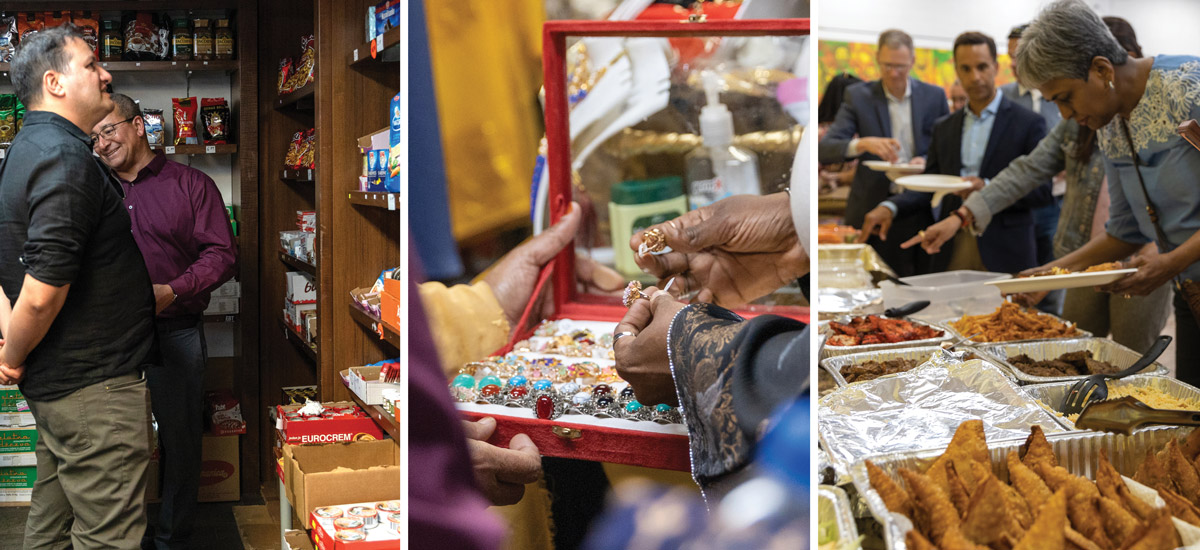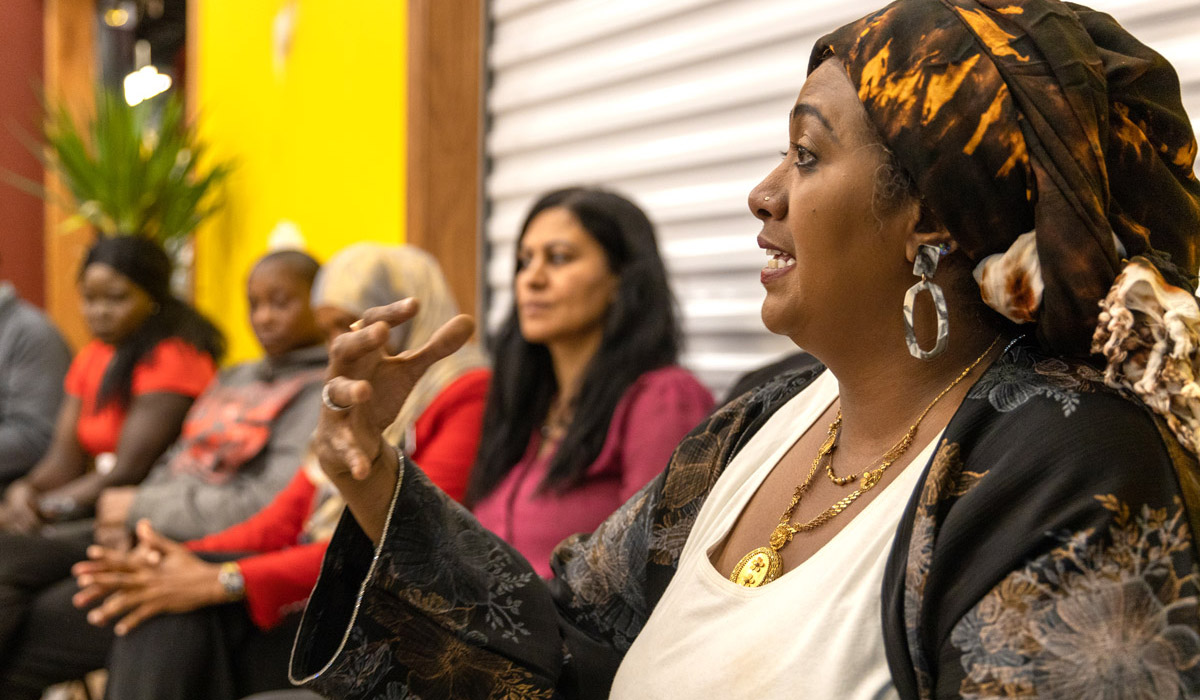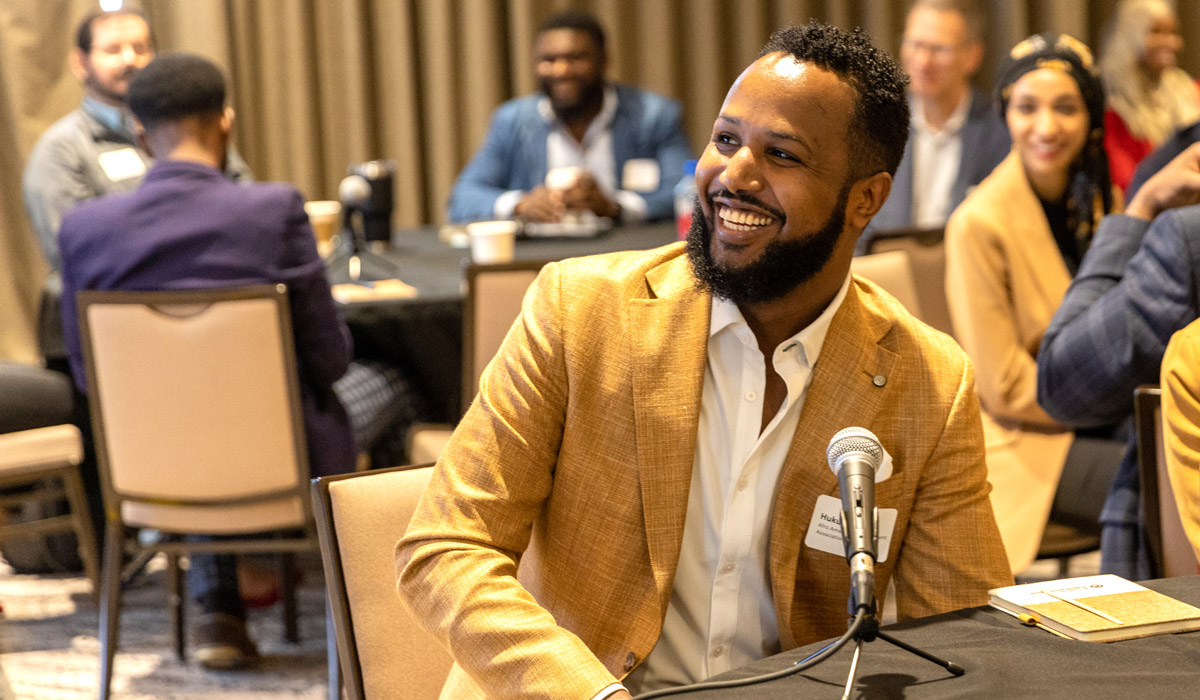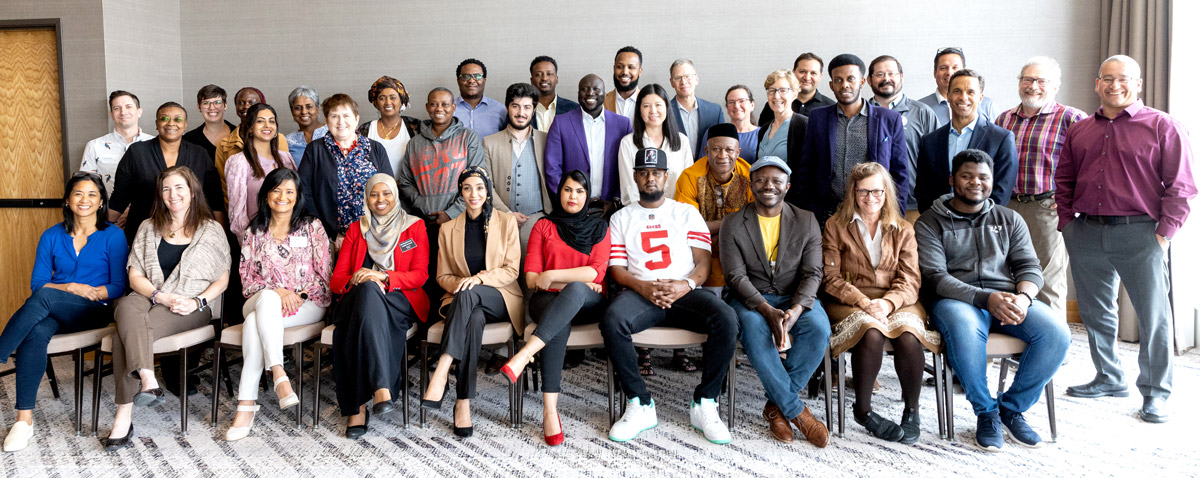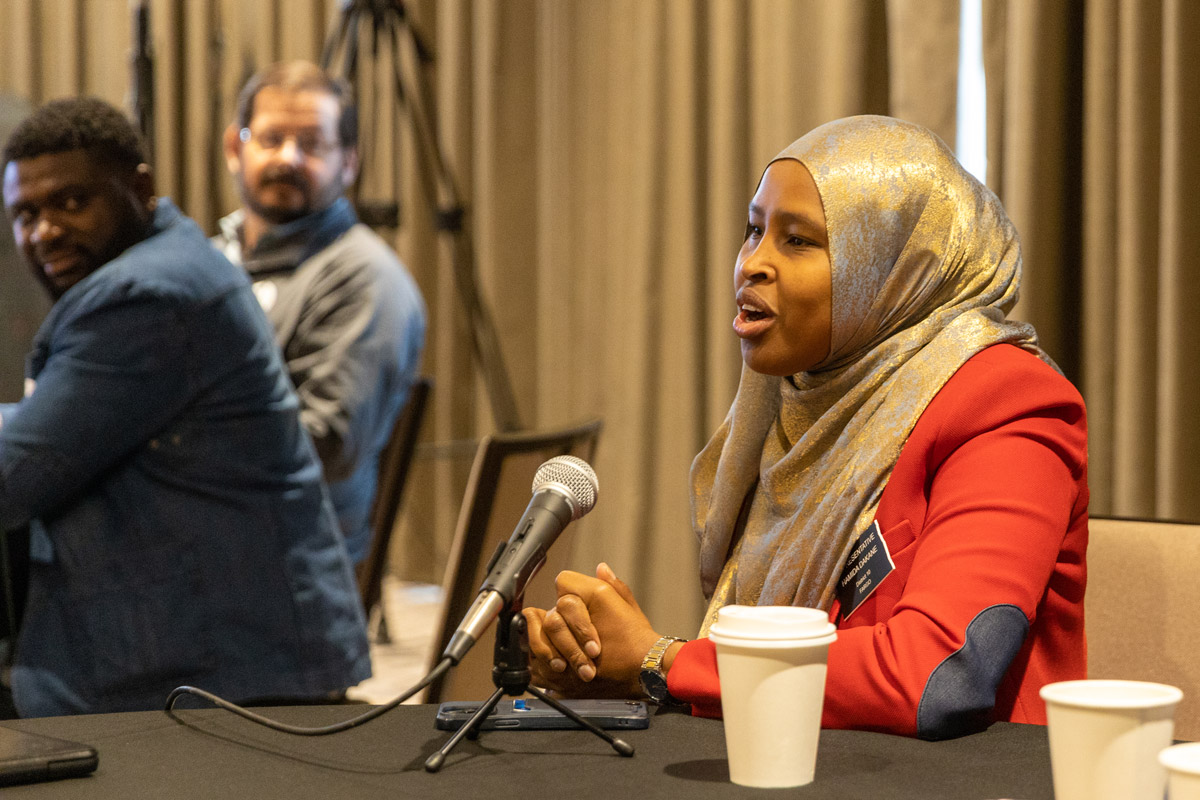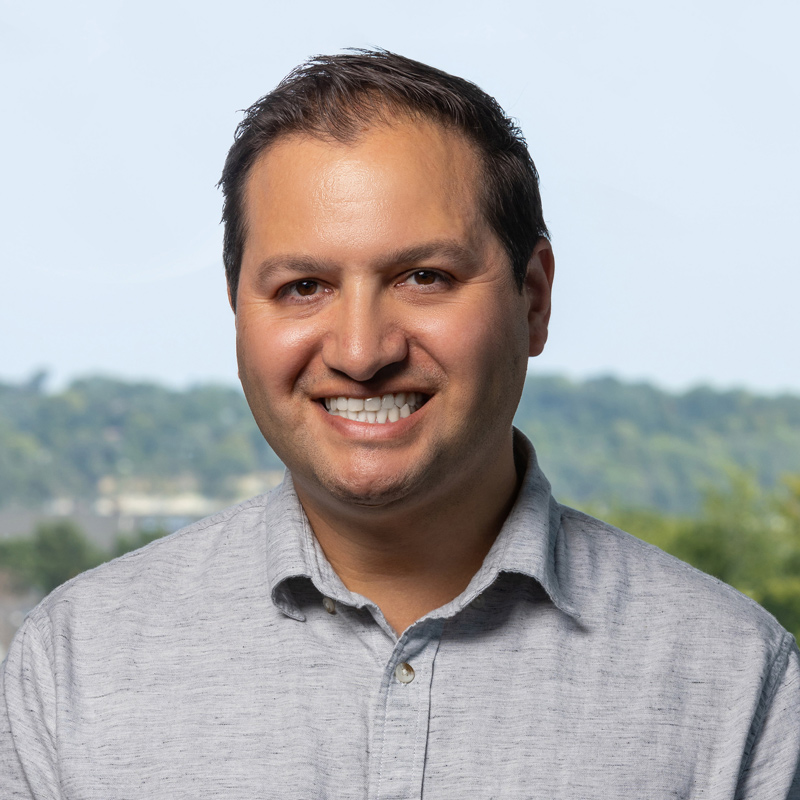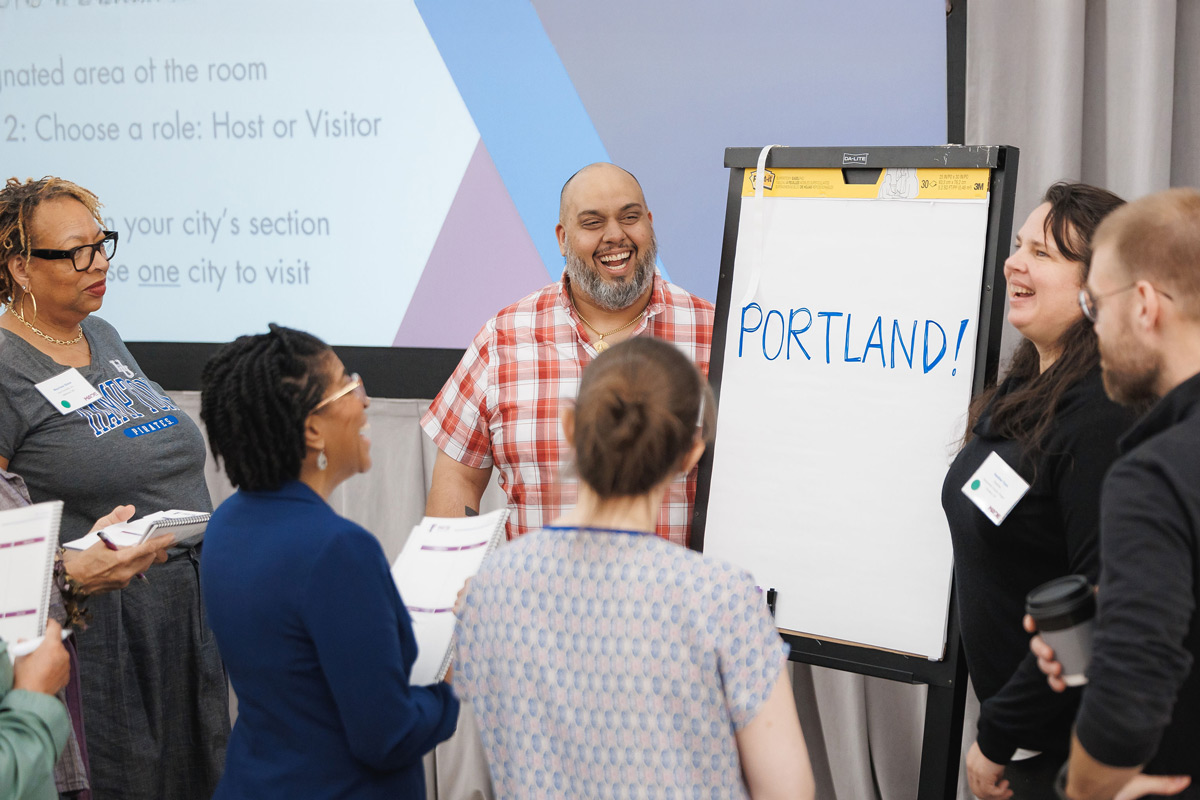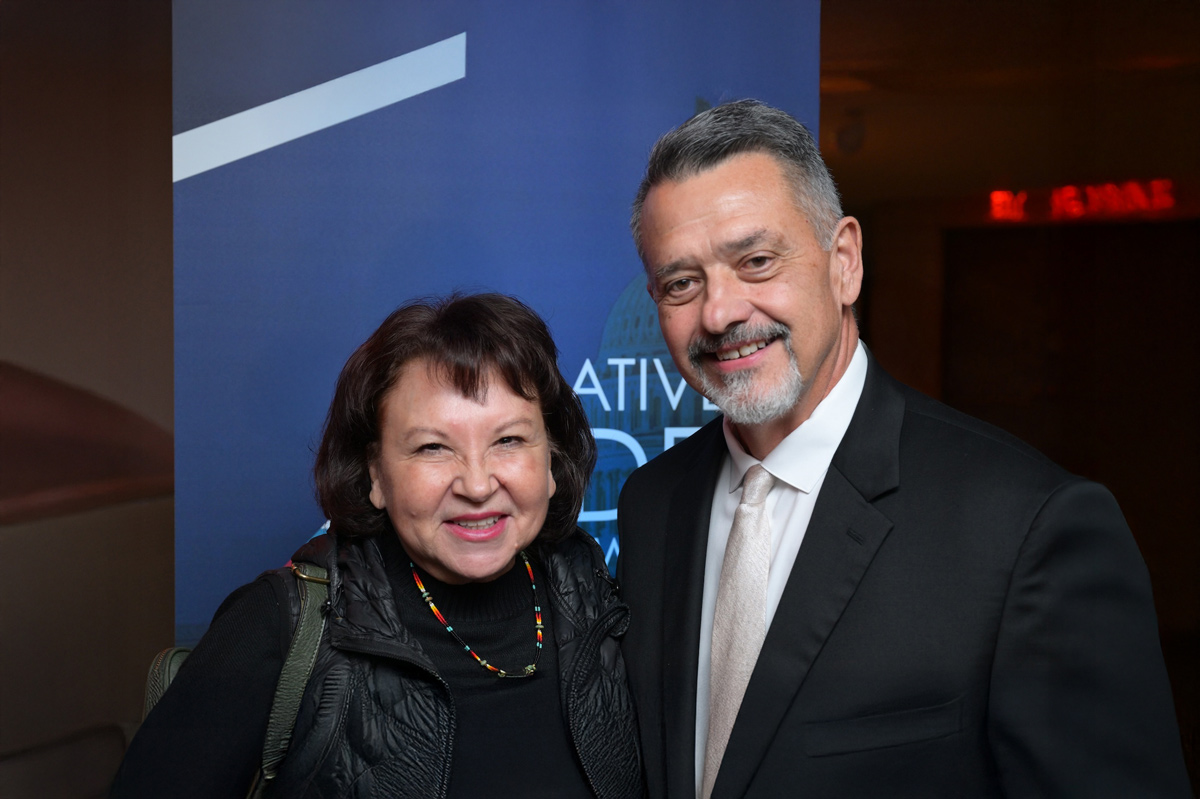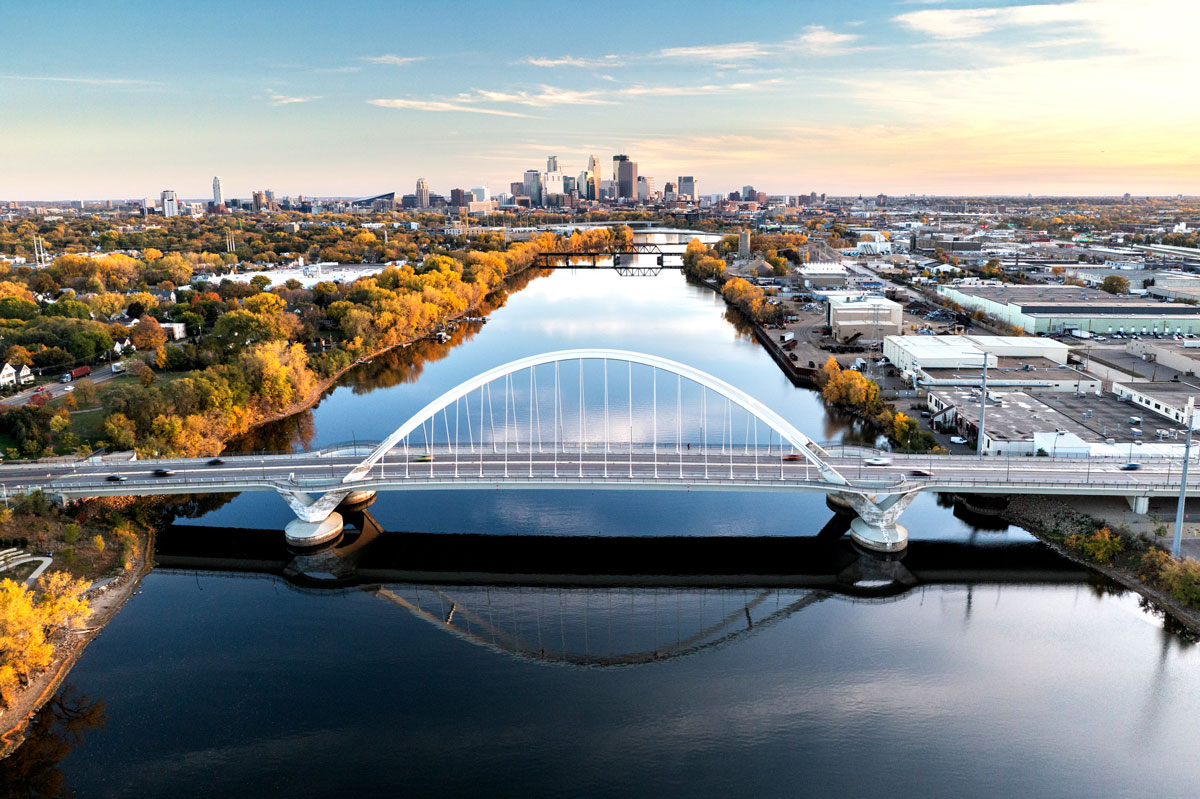Let’s consider how communities can be more just and equitable for immigrants and refugees.
The Foundation’s funding approach focuses on advancing social, racial, and economic justice in communities that face systemic barriers. These communities include immigrants and refugees—people born abroad who now live in the US.
They have left behind their homelands and extended families to re-establish a life in our country. This transition is enormously difficult. When looking for jobs, they are often steered toward the backbreaking work of our food industry within slaughterhouses, in farm fields, and in the kitchens of restaurants.
Those with children often must enroll their kids in schools not fully set up to support teaching students from different cultures who may have language barriers. And nativist sentiments paint immigrants as “invaders” or burdens to society, even though the US economy would crumble without immigrants.
We support immigrant- and refugee-led organizations that are working to dismantle these obstacles. Just recently, our board of directors and staff spent several days in the Fargo, ND – Moorhead, MN area as part of our annual board learning retreat. There, we met with two grantees: the Immigrant Development Center (IDC) and the Afro American Development Association (AADA). I’m in awe of the courage and strength these organizations have demonstrated since their founding, and especially over the past three years since the pandemic began.
